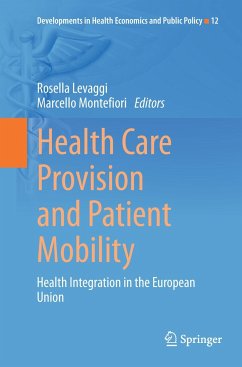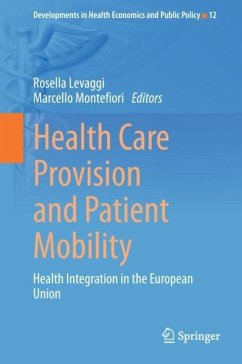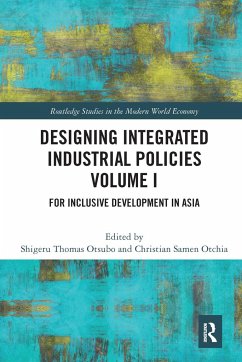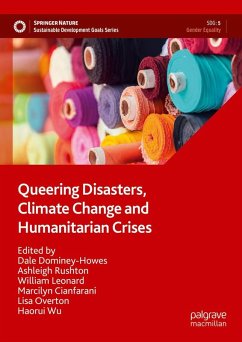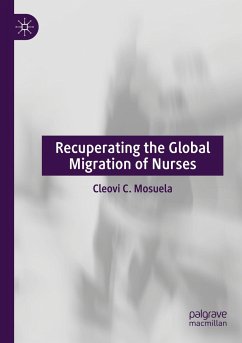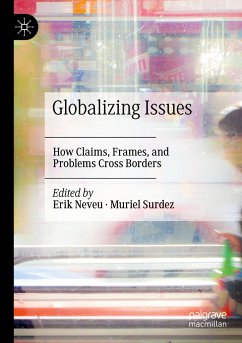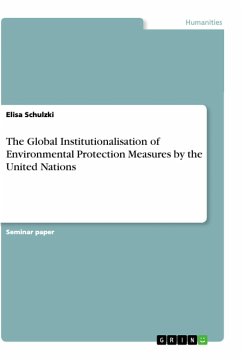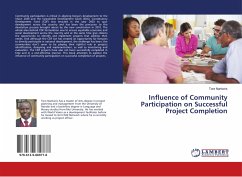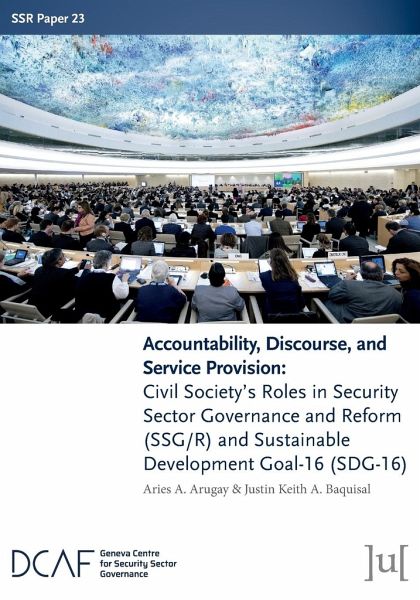
Accountability, Discourse, and Service Provision
Civil Society's Roles in Security Sector Governance and Reform (SSG/R) and Sustainable Development Goal-16 (SDG-16)
Versandkostenfrei!
Versandfertig in 1-2 Wochen
25,99 €
inkl. MwSt.

PAYBACK Punkte
13 °P sammeln!
Civil society has become an indispensable part of the global discourses on democratization, good governance, sustainable development, and security. Differing perspectives view civil society as a legitimizing actor, a critical partner, and even a serious challenger in these discourses. This paper examines the ways in which civil society actions contribute to Security Sector Governance and Reform (SSG/R) and Sustainable Development Goal-16 (SDG-16). It argues that civil society's ability to make significant contributions to SSG/R and SDG-16 rests on the interplay between endogenous factors such ...
Civil society has become an indispensable part of the global discourses on democratization, good governance, sustainable development, and security. Differing perspectives view civil society as a legitimizing actor, a critical partner, and even a serious challenger in these discourses. This paper examines the ways in which civil society actions contribute to Security Sector Governance and Reform (SSG/R) and Sustainable Development Goal-16 (SDG-16). It argues that civil society's ability to make significant contributions to SSG/R and SDG-16 rests on the interplay between endogenous factors such as its plurality, robustness, and civility and exogenous variables such as the regime type, state capacity, and relations with security providers. The differing combinations of these factors enable civil society to perform three major roles: (1) an agent of democratic accountability and civilian oversight; (2) a space for new discourses on security and development; and (3) an alternative provider of people-oriented security. This paper uses case studies of the Philippines, Tunisia, and Somalia, among others, to show the variation in the performance of these roles, the gains achieved by civil society organizations (CSOs), and the limitations and challenges posed by their involvement. It argues that efforts of civil society to improve SSG help meet some of the targets of SDG-16 that relate to improving accountability, transparency, and participation. This paper concludes by examining the implications of civil society's participation in the future sustainability of SSG/R as a framework and the progress toward the realization of SDG-16 and providing viable policy recommendations for actors at the international, state, and societal levels.





